Many trades or types of products tend to concentrate in certain areas. Thus we see several shops making shoes or selling phones or medical supplies all on the same street. By Orussey Market there are these shops selling watches.
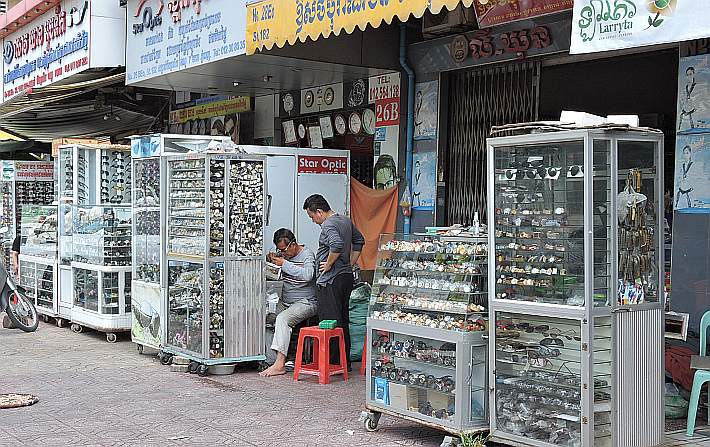
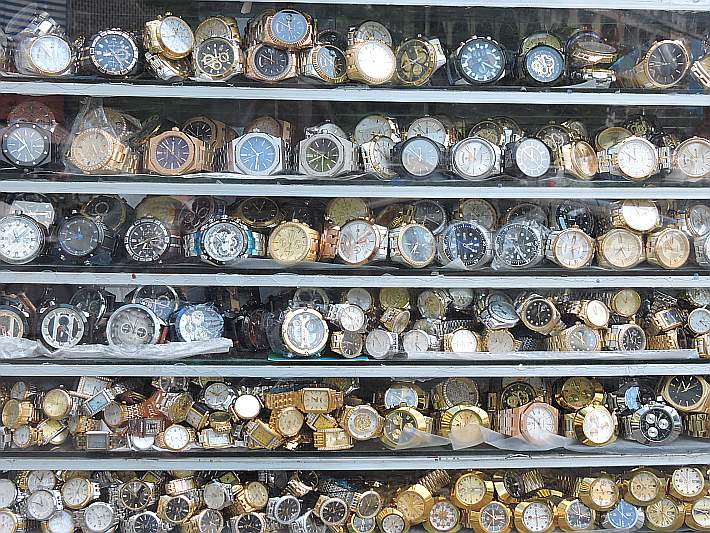
Charlie Dittmeier's Home Page
Many trades or types of products tend to concentrate in certain areas. Thus we see several shops making shoes or selling phones or medical supplies all on the same street. By Orussey Market there are these shops selling watches.


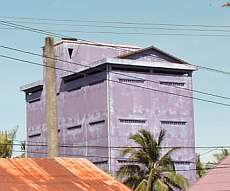
Bird’s nest soup is a Cambodian export and because it is so valuable, special buildings are erected here as nesting places for the swiftlets that produce the nests used in the soup making. Click here to see some of the buildings.
U.S. Catholic magazine
The deepest purpose of the church is not to defend doctrine but to continue the earthly ministry of Jesus.

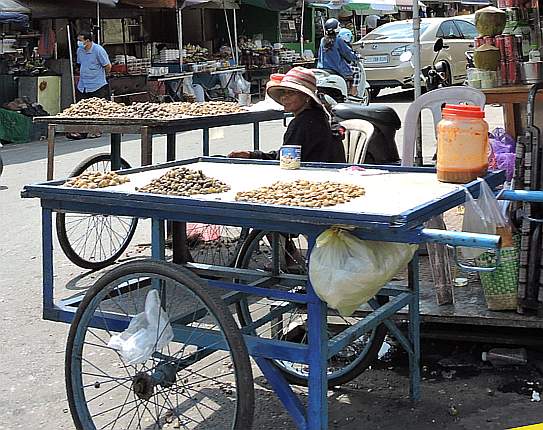
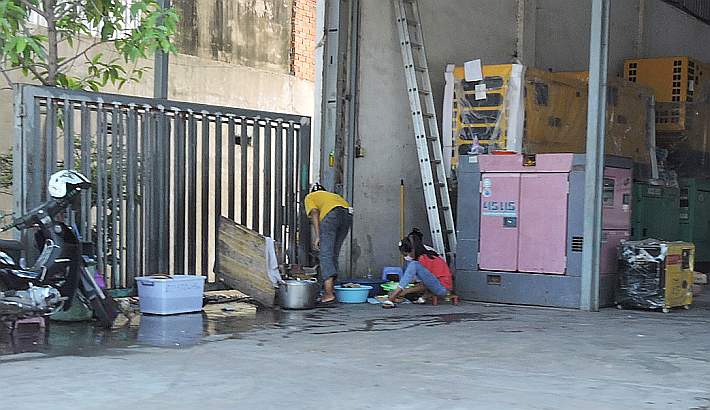

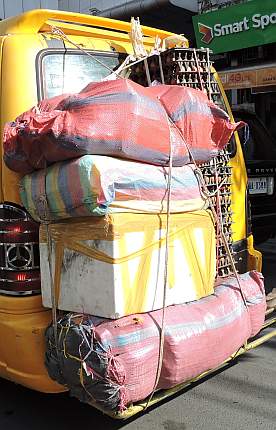
Sixty-nine dozen eggs… That should be enough to last till Saturday.
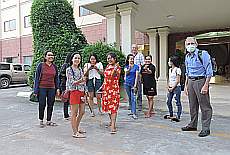
I find it interesting to see the different ways different cultures do things. Click here to see some cultural practices that would vary quite a bit from what one might find in a western hotel.
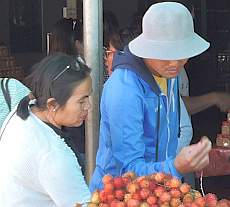
Today was the travel day back to Phnom Penh. It was another long trip, nine hours to do 180 miles, but that’s Cambodia. No one seemed to mind too much because it was the end of a really enjoyable trip. Click here for some photos from the return trip.
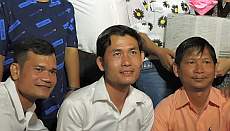
Post #3 was about the morning and afternoon activities at the second day of the staff meeting. This post is about our gathering in the evening for a final meal and giving of awards. Click here for photos from the restaurant.